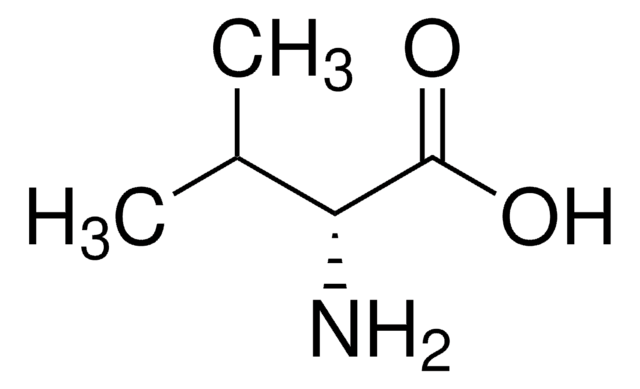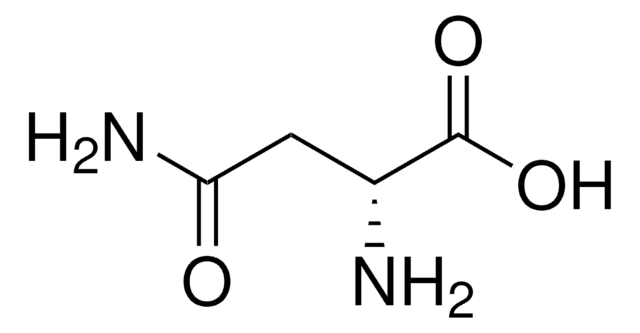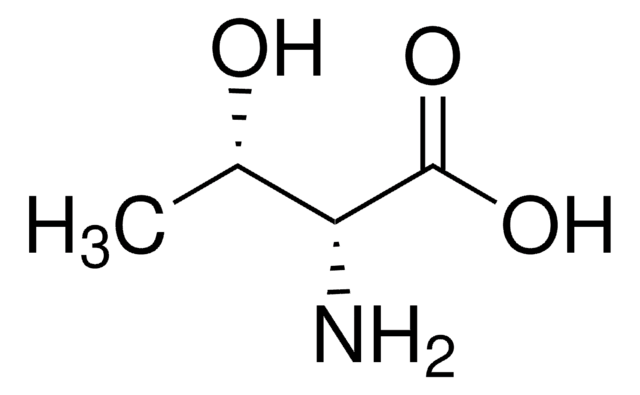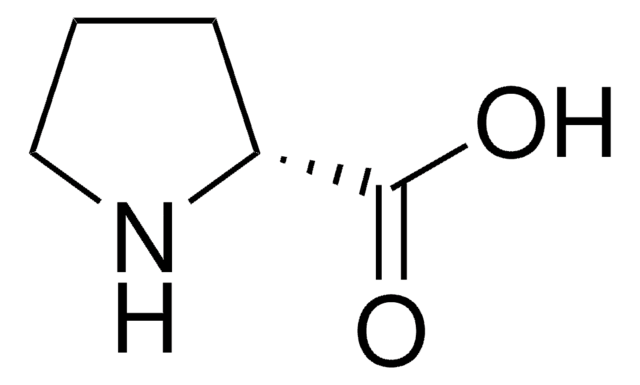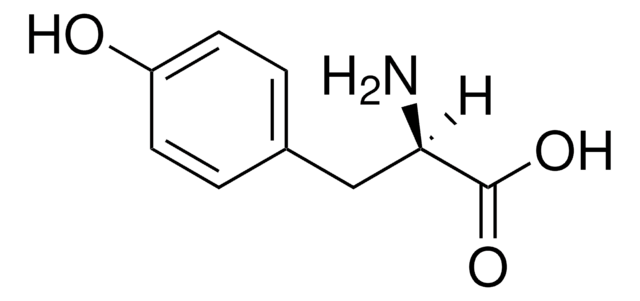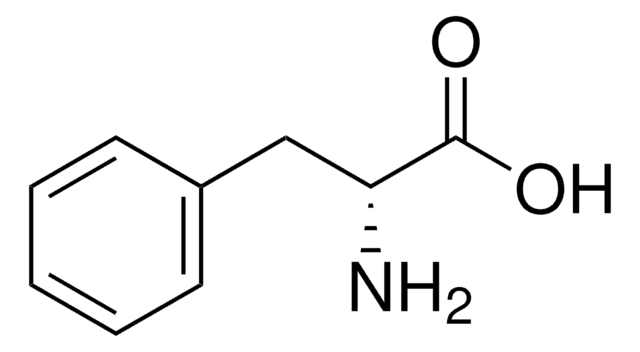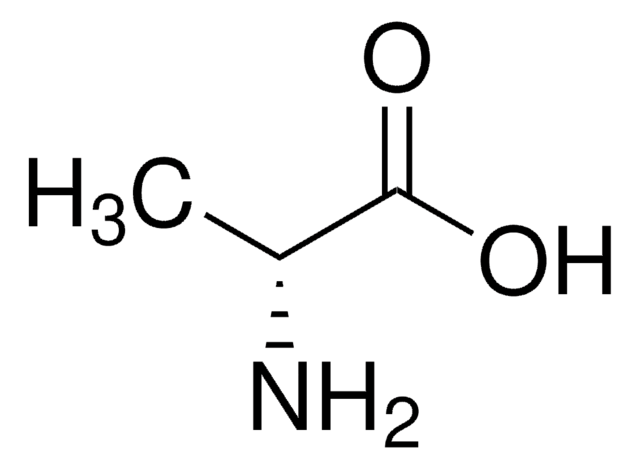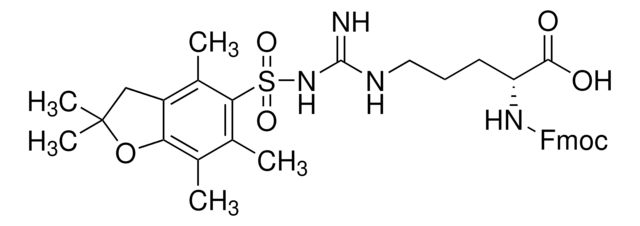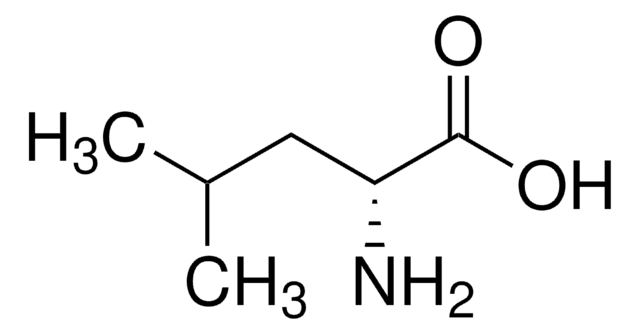A2646
D-Arginine
≥98% (TLC), suitable for ligand binding assays
Synonym(s):
(R)-2-Amino-5-guanidinopentanoic acid
About This Item
Recommended Products
product name
D-Arginine, ≥98% (TLC)
Quality Level
Assay
≥98% (TLC)
form
powder
technique(s)
ligand binding assay: suitable
color
white to off-white
mp
226 °C (dec.) (lit.)
application(s)
peptide synthesis
SMILES string
N[C@H](CCCNC(N)=N)C(O)=O
InChI
1S/C6H14N4O2/c7-4(5(11)12)2-1-3-10-6(8)9/h4H,1-3,7H2,(H,11,12)(H4,8,9,10)/t4-/m1/s1
InChI key
ODKSFYDXXFIFQN-SCSAIBSYSA-N
Gene Information
rat ... Ppm1a(24666)
Looking for similar products? Visit Product Comparison Guide
General description
Application
- as an organic substrate to study the metabolic versatility of freshwater sedimentary archaea feeding on different organic carbon sources
- to study its role in the inhibition of Pseudorabies virus (PRV) plaque formation by arginase
- as a reference standard for chromatographic separation
Biochem/physiol Actions
Storage Class Code
11 - Combustible Solids
WGK
WGK 1
Flash Point(F)
Not applicable
Flash Point(C)
Not applicable
Personal Protective Equipment
Regulatory Listings
Regulatory Listings are mainly provided for chemical products. Only limited information can be provided here for non-chemical products. No entry means none of the components are listed. It is the user’s obligation to ensure the safe and legal use of the product.
JAN Code
A2646-250MG:
A2646-BULK:
A2646-1G:
A2646-5G:
A2646-VAR:
Certificates of Analysis (COA)
Search for Certificates of Analysis (COA) by entering the products Lot/Batch Number. Lot and Batch Numbers can be found on a product’s label following the words ‘Lot’ or ‘Batch’.
Already Own This Product?
Find documentation for the products that you have recently purchased in the Document Library.
Customers Also Viewed
Our team of scientists has experience in all areas of research including Life Science, Material Science, Chemical Synthesis, Chromatography, Analytical and many others.
Contact Technical Service
